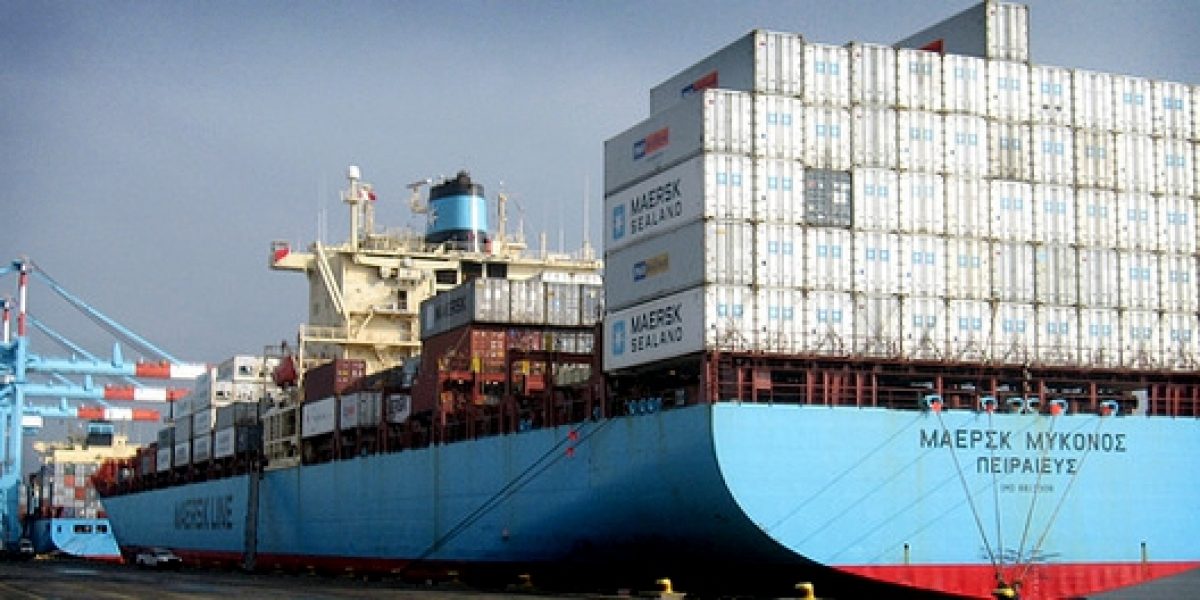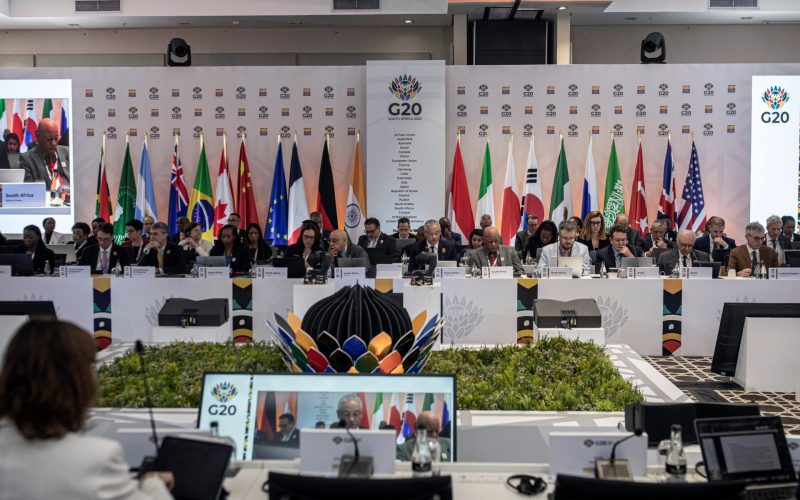However, all the government’s proposed changes have so far focused on the side of regulation. Is the government neglecting the potential role that investment promotion agencies (IPAs) could play to make inward foreign investment (FDI) more developmental?
In November 2013 the Department of Trade and Industry (DTI) put forward the draft Investment Promotion and Protection Bill (‘the Investment Bill’), the aim of which was to provide a policy framework for all investment coming into South Africa. The initial draft Bill included provisions for screening mechanisms, local content requirements and legalised expropriation of foreign assets when done in the public interest. The Bill has not been made public since its redrafting, and is currently on its way back to parliament.
Click here for a package of SAIIA materials related to foreign direct investment.
Importantly, this move on the part of the South African government is not being carried out in isolation. It is emblematic of a recent global trend in which many governments world-wide are increasingly enacting FDI regulatory agreements that allow more interventionist industrial policies. In part this reflects a new realism about the ever-increasing power of multinational organisations, and the economic and social costs of unregulated market forces in the wake of the financial crisis. There is talk of a new ‘fourth generation’ of investment regulations where IPAs focus on ‘sustainable’ FDI with an emphasis on economic development, environmental sustainability, social development and good governance.
However, South Africa’s front-runner status among emerging economies adopting these new investment policies does carry risks. Many commentators have pointed out that even just the perception that South Africa is adopting a more protectionist stance towards FDI could unsettle established and prospective foreign investors. When trying to make foreign investment more sustainable, the government should be reflecting on the role of investment promotion and facilitation, as well as investment regulation.
South Africa’s IPA system
South Africa has a relatively decentralised investment promotion system devolved to the nine provinces and even to the city level. There is a national agency, Trade and Investment South Africa (TISA), which exists as a division of the DTI, but much of the work is done at the lower levels. IPAs in South Africa perform a variety of tasks: they facilitate access to relevant government stakeholders for foreign investors seeking to establish operations in any of the provinces, they generate leads on new FDI projects by targeting specific foreign investors, and they are image builders tasked with improving investor perceptions about the country and/or provinces.
TISA organises events and investment promotion missions overseas aimed at investor targeting, and it will sometimes refer foreign investors to provincial agencies, but otherwise the provincial agencies are independent operational entities. While provincial agencies defer to TISA when it comes to tax breaks and subsidies, they are free to offer many of their own incentives too (including land at discounted prices, reduction of utility costs, etc.). There is as yet no formal national-level ‘funnel and referral’ system for investors in South Africa.
At present, there is a relatively high level of competition between provincial agencies for investments. While this may encourage efficiency on the part of provincial agencies, there are also drawbacks. Fragmented information systems may put off investors and result in ‘incentive wars’ between provincial agencies can lead to sub-optimal national investment. Furthermore, it may be difficult to get provincial agencies to work together on common programmes.
Current priorities
The DTI offers a range of incentives to investors, many of which have developmental objectives. In addition to promoting the country’s competitiveness, the incentives scheme has policies aimed at stimulating industrial development, building critical infrastructure and supporting black-owned suppliers. However, a proper evaluation of these incentives has not been done for almost a decade, so it is difficult to gauge their effectiveness.
For the moment, the provincial agencies seem primarily geared towards increasing FDI volume coming into the provinces. During the interviews, IPA representatives referred to their own initiatives to promote corporate social responsibility and regional development. However, provincial IPAs do not seem to have explicit policies to bring in development-oriented or ‘sustainable’ foreign investment, with no information on their websites about any of these objectives.
Making investment promotion more developmental
International development institutions are pushing for a greater focus on how investment promotion can improve the quality and not just the quantity of FDI. Numerous policy options exist for promoting sustainable development. Incentive structures can be adjusted to reward foreign investment that creates employment, transfers technology, and limits environmental damage. IPAs can proactively target industries that bring positive spillovers and can encourage companies to locate their production facilities in disadvantaged areas. Place-marketing strategies can emphasise governments’ commitments to sustainable investment.
If these types of policies are adopted and properly implemented in South Africa, many of the government’s new objectives concerning foreign investment could be captured.
The decentralised nature of South Africa’s investment promotion system might make this quite challenging. Individual IPAs might be reluctant to implement such policies without the certainty that other IPAs will follow. What may be a solution is greater strategic oversight from TISA. It would mean additional funding to back its policy directives and it would require training of provincial IPA staff to increase awareness of developmental investment. There would also have to be greater monitoring and evaluation of provincial IPA activities. Not only should these IPAs be evaluated by looking at the number of deals concluded and the value of the investment approach, but a whole set of developmental metrics should also be used.
This article draws on the findings of an upcoming occasional paper by the same author: ‘Policy Framework for FDI Promotion in South Africa: Operations, Effectiveness and Sustainability’.






